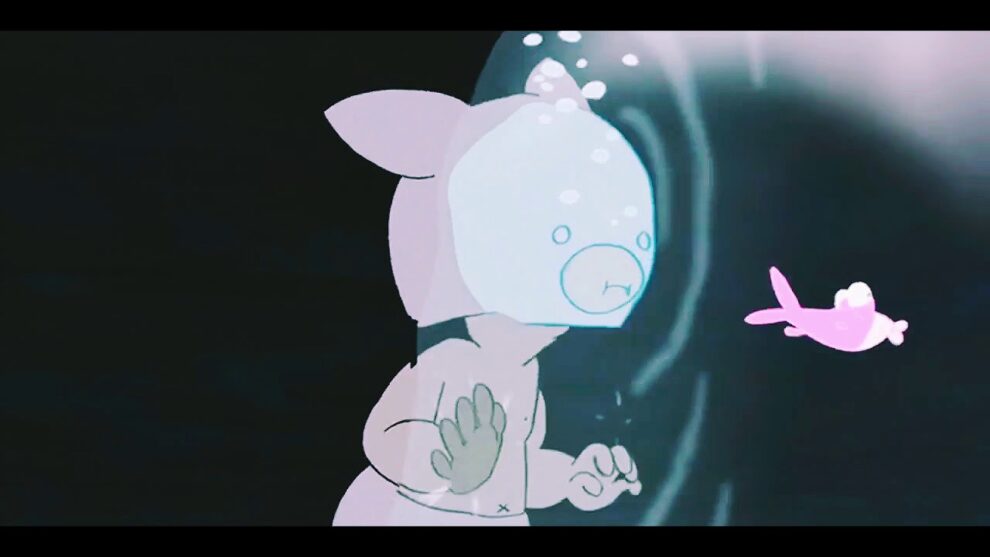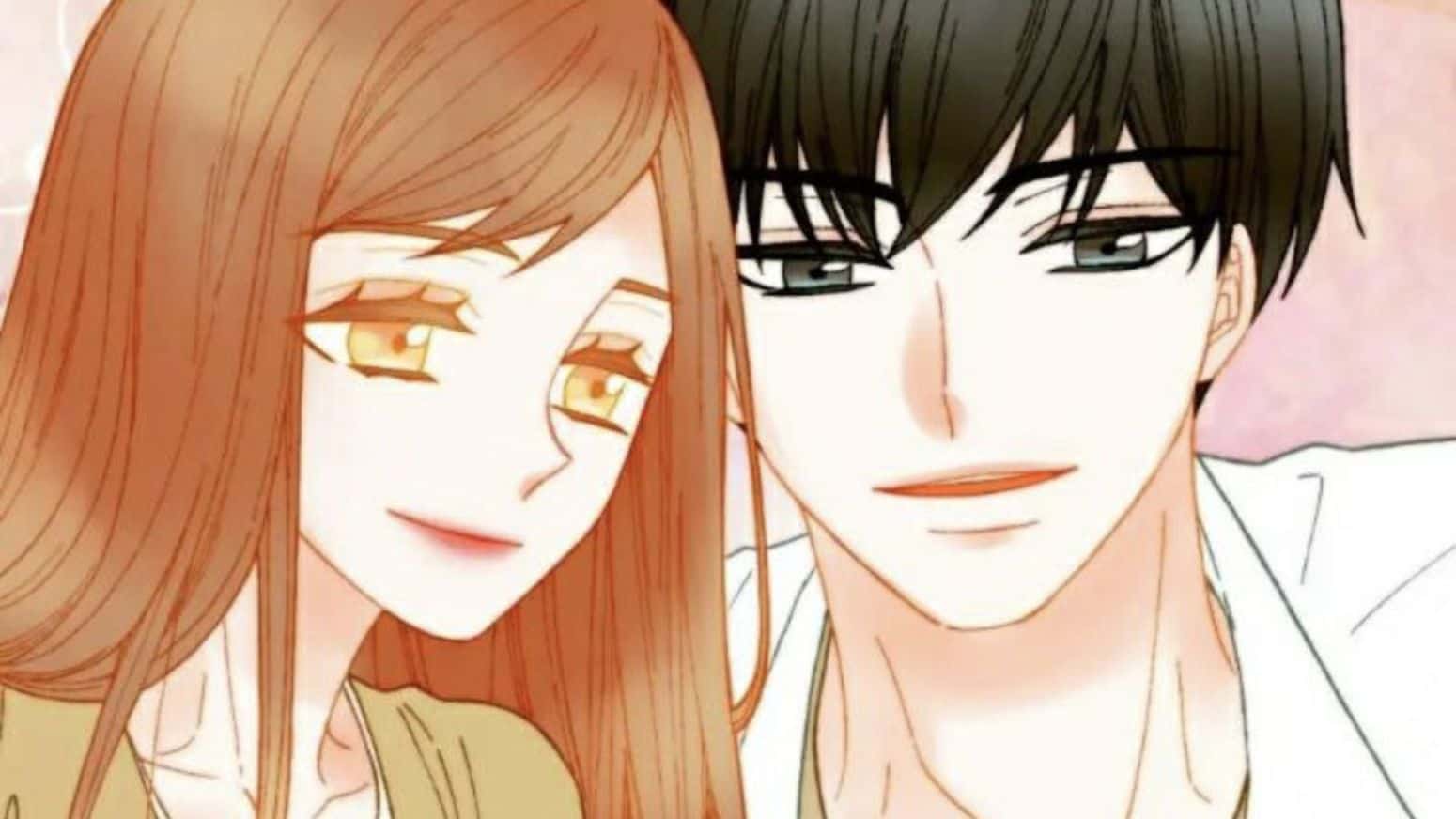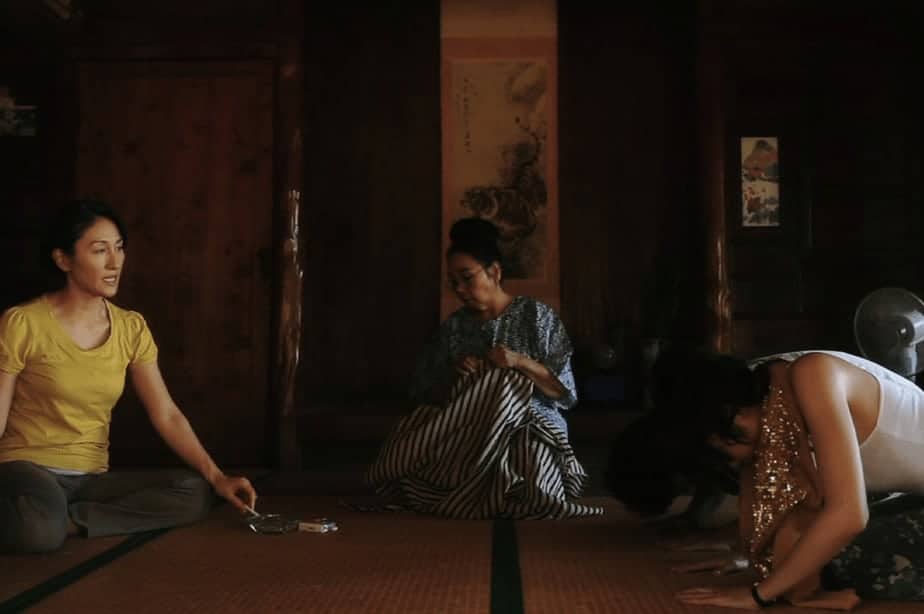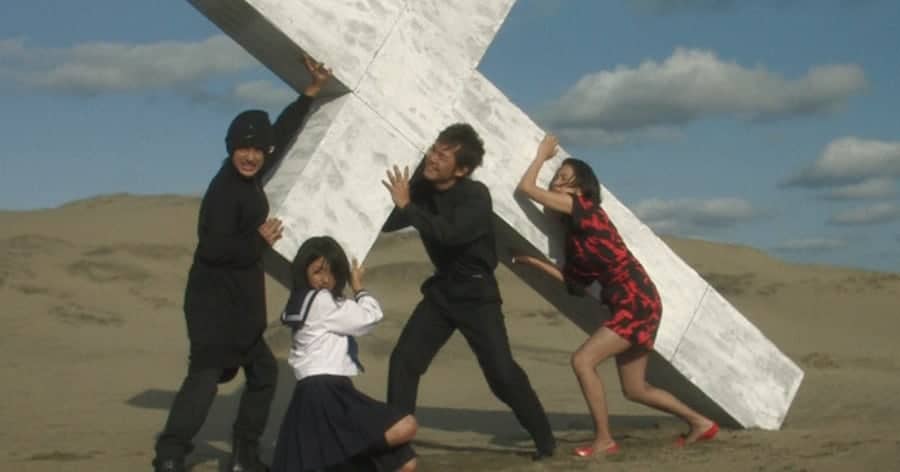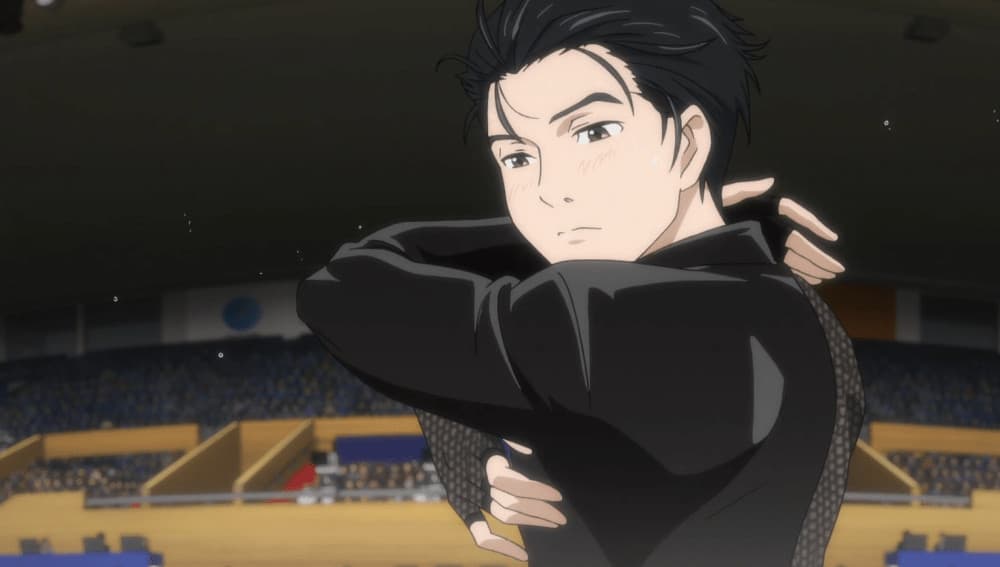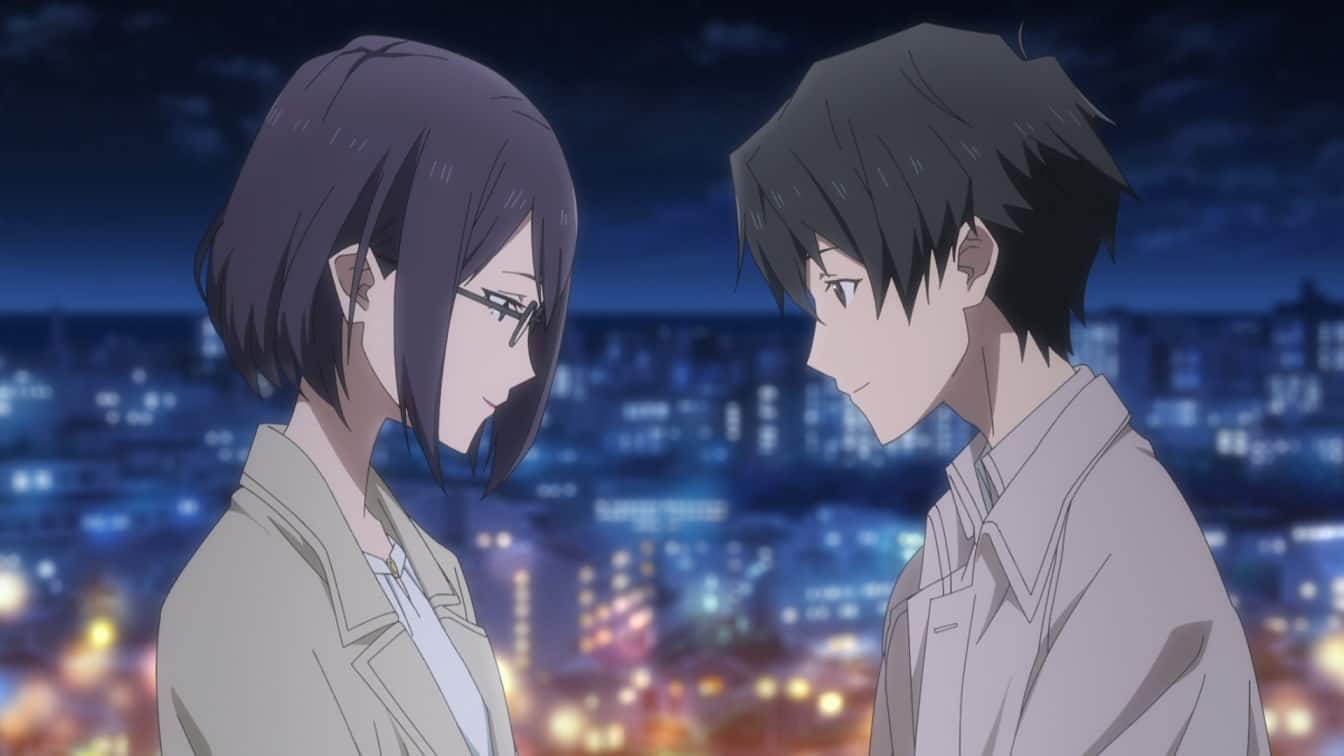By 2007, it was certain animator and director Masaaki Yuasa was going places, after having impressed audiences and critics alike with “Mind Game” and “Kemonozume”. The latter had been awarded the Jury Selection Prize at Japan Media Arts Festival, further cementing its creator's reputation within the industry and marking him as part of a small group of people who would go on to define the anime genre in the years to come. “Genius Party”, a compilation of twelve animated features, was in many ways a representation of the kind of skill and talent within the industry, with Yuasa contributing “Happy Machine”, which tells the story of an infant and its experiences in the world.
Happy Machine screened at International Film Festival Rotterdam
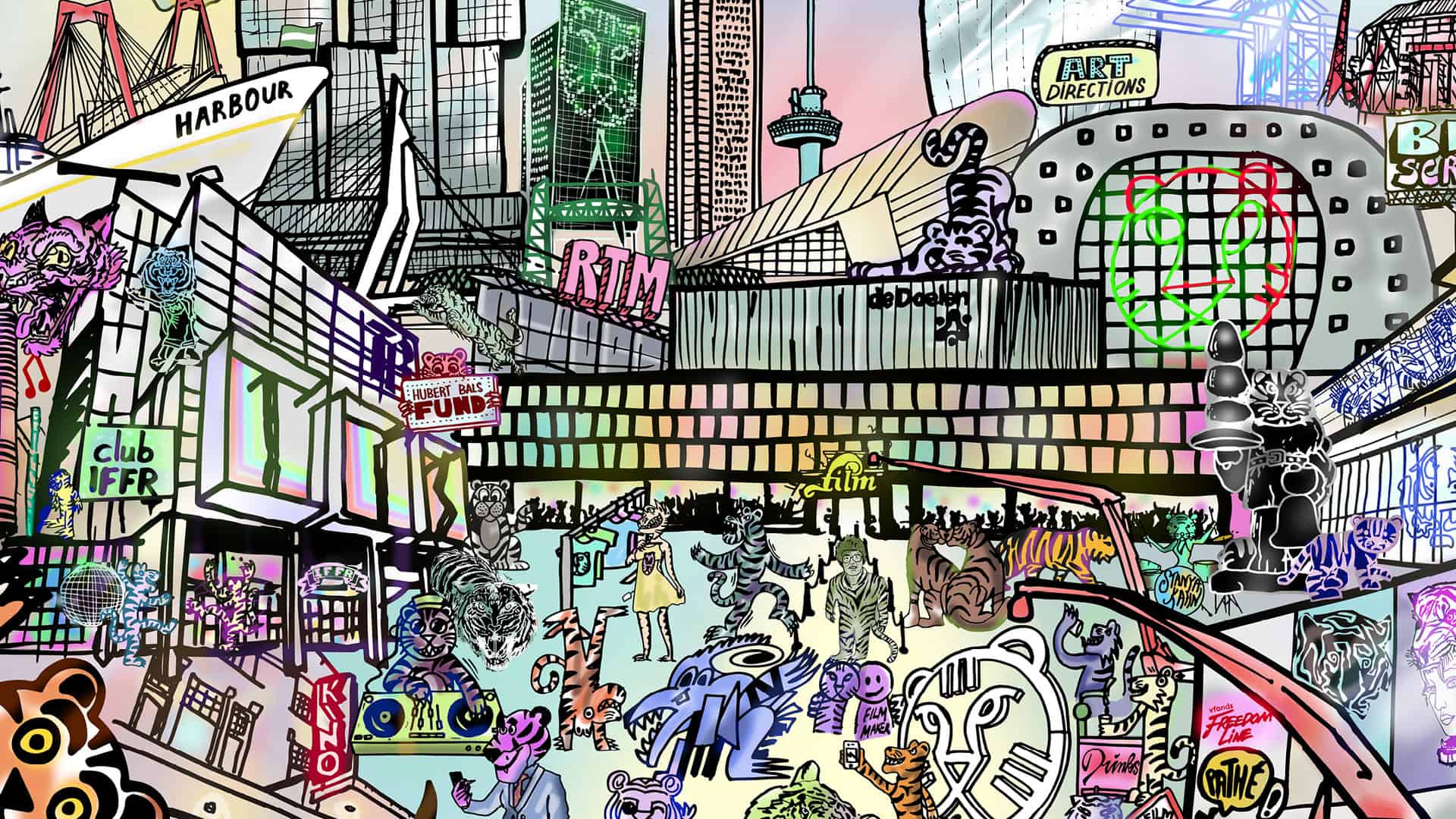
Having spent his life in a nursery, the baby is used to the structure taking care of everything he needs. However, when it suddenly breaks down, the infant finds himself having to go out into the world, a place he has never visited before. It is strange and dangerous out there with a small fire creature chasing him, until he finds refuge with small fish creatures and their natural habitat. But this is only the beginning of a bizarre and fascinating journey.
Even though “Happy Machine” only lasts for about 15 minutes, Yuasa has managed to contain quite a number of themes within this time frame, employing an animation style which is not only creative, but quite intriguing. Essentially you follow a story about growth and experience, with the baby having to let go of the structures which have attended to its needs for its first weeks in this world. Thrown into the world, we observe the strangeness of reality, with the baby uncertain whether something may be friend or foe, or perhaps even both, such as the fire creature. Yuasa emphasizes the nature of these first experiences, how they shape the young human being into a man one day, who will undoubtedly act on what he has learned and seen.
At the same time, the animation and design compliments the action of the short. Utilizing bright contrasts and colors, often bordering on the psychedelic, you get an idea of the uncertainty, the pain and the rare joy the baby feels having been thrown into this world. The aesthetic choices Yuasa makes in “Happy Machine” easily result in maybe the most interesting episode in “Genius Party”, which tells a relatable tale about growth and learning, as well as the pain and the joy it brings.
While “Happy Machine” may be considered an experiment for the director to try out new things and further his talents, it is also a quite fascinating feature. Masaaki Yuasa shows his talents as a visual storyteller with an interest in the human experience, how we grow within this world and eventually become the people we are.


